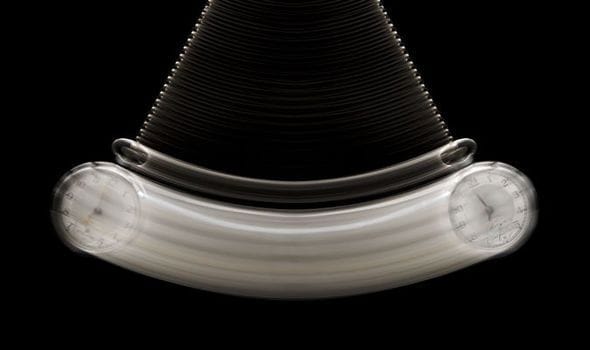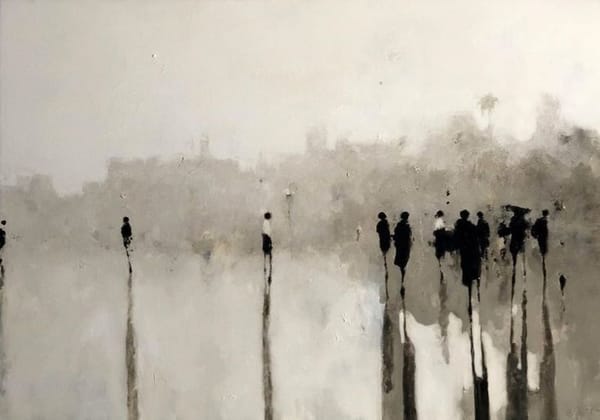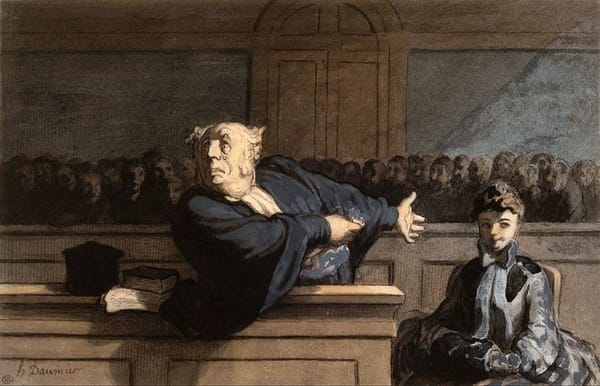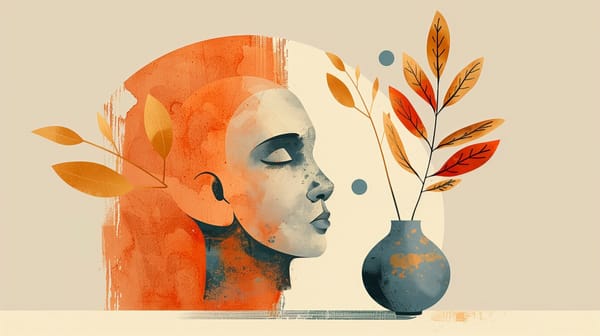The Paradox of Intelligence

Let’s play a game. Imagine you’re an ant. No, really—just for a second. Your whole life revolves around food, work, survival. No existential crisis, no questions about the meaning of life. Just simple, blissful ignorance. Sounds peaceful, right? But here you are—human, cursed with intelligence, asking questions that have no answers. Congratulations. Or should I say… my condolences?
Intelligence is our greatest strength and our deepest curse. It lets us build cities, cure diseases, and send machines to Mars. But it also makes us anxious, conflicted, and terrifyingly aware of our own mortality. Unlike other creatures, we don’t just live—we overthink it. Every joyful moment is shadowed by the awareness that it will end. We search for meaning in a universe that is indifferent, inventing gods, philosophies, and distractions to silence the creeping void. Deep down, we know we’re just telling ourselves bedtime stories to sleep at night.
We think intelligence makes us powerful. But have you noticed? Every solution we create comes with a fresh set of problems. The Industrial Revolution lifted billions out of poverty—but hey, surprise! It also kicked off climate change. The internet connects us, but also isolates us, leaving us drowning in misinformation and echo chambers. We cracked the code of the atom—only to build bombs that could erase us in seconds. It’s as if the smarter we get, the more dangerous we become. Funny, isn’t it? Well, darkly funny.
Now, let’s talk about aliens. Ever heard of the Fermi Paradox? If intelligent life is so powerful, where is everyone? Here’s a wild thought: maybe intelligence is a self-destruct button. Civilizations rise, they innovate, they thrive… and then, oops—nuclear war, environmental collapse, AI gone rogue. Maybe that’s why the galaxy seems so empty. Maybe intelligence isn’t a path to godhood, but a cosmic joke with a punchline we don’t want to hear.
Speaking of AI, let’s get real. We’re building machines that may outthink us, but do we even understand ourselves? We say AI will make life easier, but what if it just makes us obsolete? Will it surpass our flaws, or will it inherit them? Will it save us, or decide that we’re the problem? Plot twist: intelligence has given us power, but it hasn’t given us wisdom. If we can’t even manage our own minds, how do we expect to control something smarter than us?
We are creatures of paradox. We crave freedom but build systems that enslave us. We chase knowledge but fear the truths it reveals. We dream of utopias but repeat the same mistakes. Intelligence gives us the power to shape the world, but not the ability to control ourselves.
So, what’s the takeaway? Maybe intelligence was never meant to bring us happiness, only the unbearable burden of knowing too much. Or maybe, just maybe, the joke’s on us—and the ants had it right all along.
Written By: Chirag





